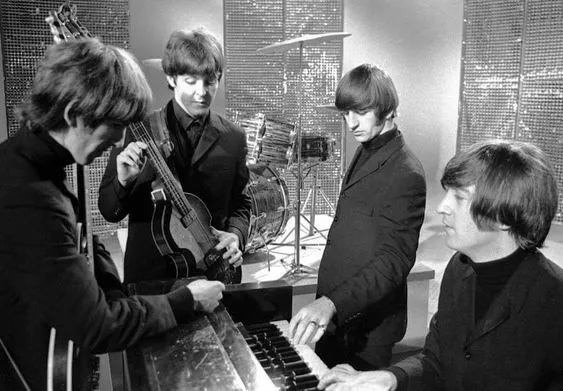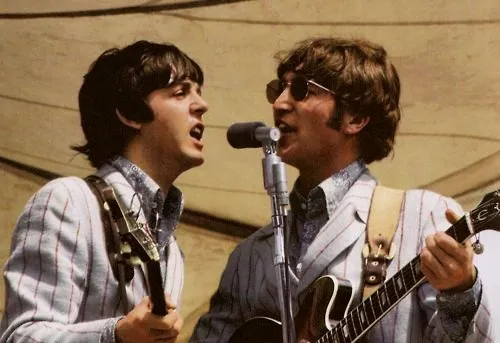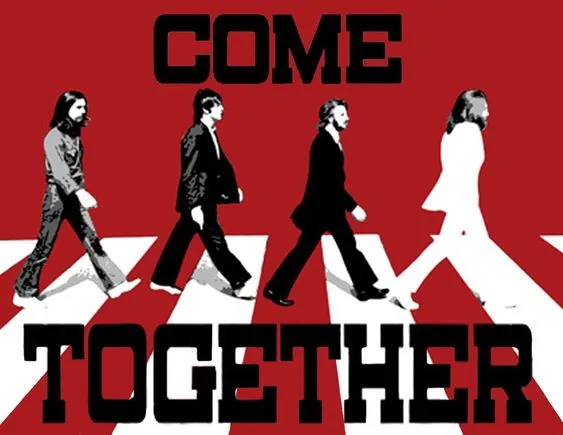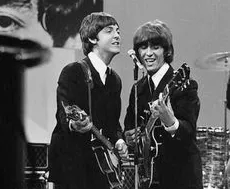About the song
(Watch the video below)
Within The Beatles' extensive discography, "I Want to Tell You" stands out as a fascinating exploration of existential uncertainty and the longing for deeper meaning. Released in 1966 on the groundbreaking album "Revolver," this George Harrison composition offers listeners a glimpse into the songwriter's inner world, as he grapples with questions of existence, communication, and spiritual enlightenment.
At its core, "I Want to Tell You" is a meditation on the limitations of language and the struggle to convey the ineffable complexities of human experience. The song's protagonist expresses frustration at their inability to articulate their thoughts and feelings, lamenting, "I want to tell you, my head is filled with things to say / When you're here, all those words, they seem to slip away." It's a sentiment that resonates with anyone who has ever struggled to communicate their innermost thoughts and emotions, capturing the universal experience of existential uncertainty and the search for deeper understanding.
Musically, "I Want to Tell You" is a departure from The Beatles' earlier, more straightforward sound, with its dissonant chords and unconventional song structure reflecting the song's themes of uncertainty and confusion. The use of a dominant seventh chord throughout the song creates a sense of tension and unease, mirroring the protagonist's internal turmoil and the elusive quest for clarity. Harrison's distinctive guitar riff adds a layer of complexity to the composition, while the band's tight-knit harmonies provide a sense of cohesion and unity amidst the existential chaos.

One of the most striking aspects of "I Want to Tell You" is its introspective lyrics, which offer a rare glimpse into Harrison's personal struggles and spiritual journey. Lines like "I feel hung up and I don't know why / I don't mind, I could wait forever, I've got time" convey a sense of existential angst and inner turmoil, as Harrison grapples with the transient nature of human existence and the elusive quest for inner peace and fulfillment.
Moreover, "I Want to Tell You" serves as a poignant reflection on The Beatles' own journey of self-discovery and artistic experimentation. By the time of the "Revolver" sessions, the band was pushing the boundaries of conventional pop music, exploring new sonic landscapes and lyrical themes with each successive album. "I Want to Tell You" represents a bold step forward in this evolution, as Harrison delves into more introspective and intellectually challenging material, paving the way for the band's groundbreaking work on "Sgt. Pepper's Lonely Hearts Club Band" and beyond.

In many ways, "I Want to Tell You" encapsulates the spirit of The Beatles' mid-career artistic renaissance, when they were at the height of their creative powers and pushing the boundaries of popular music in bold new directions. With its thought-provoking lyrics, innovative musical arrangement, and existential themes, the song remains a testament to the band's enduring legacy and their ability to capture the essence of the human experience through their music.
As we continue to revisit The Beatles' legendary discography, songs like "I Want to Tell You" serve as a reminder of the band's unmatched influence on popular culture and their ability to transcend the boundaries of time and space with their timeless music. With its introspective lyrics, innovative musical arrangement, and existential themes, "I Want to Tell You" remains a timeless masterpiece that continues to resonate with audiences of all ages, inviting them to explore the depths of the human soul through the transcendent power of music.



